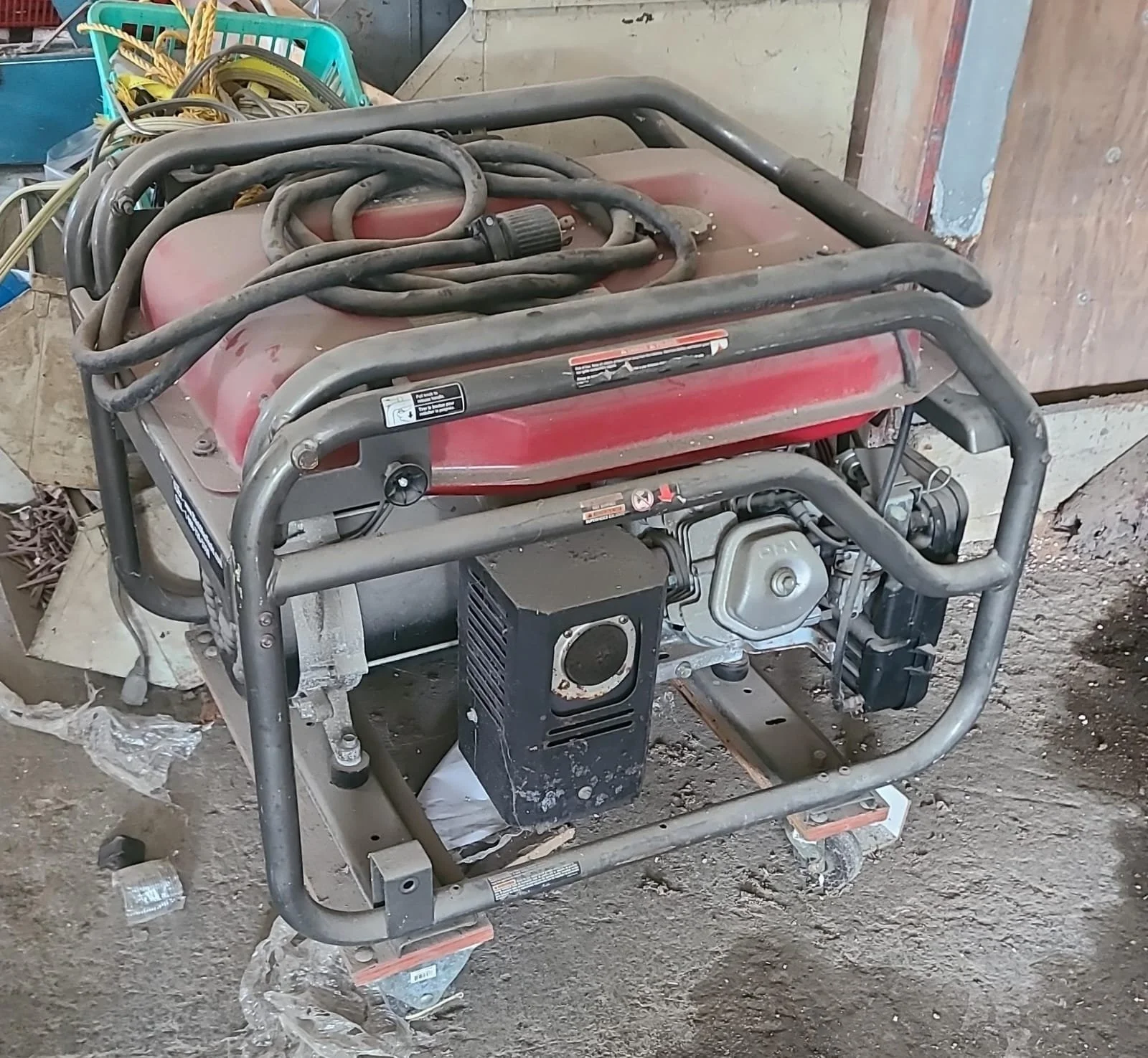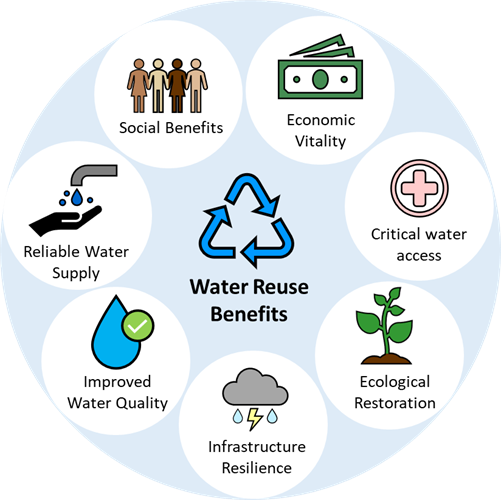Our projects
Our projects span social capital, food security, energy security, water security, and water reuse. From interviews, focus groups, surveys to participatory methods like photovoice, our goal is to develop theoretically exciting projects with practical applications.
Public perception literature suggests that water reuse adoption and implementation require engaging with communities and working to identify design options that best address the unique needs of local populations. Through systematic literature review, interviews with communication specialists, and regional workshops, we aim to advance this area of the literature and develop translational science products, including a co-produced assessment toolkit for community engagement approaches.
FEWtures: Examining the Interconnection of Household Energy Insecurity with Food, Water and Health Challenges (JPB Phase I: Photovoice)
This JPB Environmental Health Fellowship Program funded project explores how major hurricanes—like María and Fiona—disrupted access to food, energy, and water in Puerto Rico, and how these disruptions affected the mental health of residents. While the physical impacts of climate disasters are well-known, their emotional and psychological toll—especially through loss of basic needs—has received far less attention.
Through in-depth interviews, participant-generated photography (photovoice), and analysis of local policies, the study documents how people cope with hardship and what support they need. Community leaders are involved to inform public events and outreach materials—and ensure the work is grounded in lived experience. The overall goal is to better understand the full impact of climate disasters and help inform more compassionate, effective disaster recovery strategies that support both material well-being and mental health.
FEWtures: Examining the Interconnection of Household Energy Insecurity with Food, Water, and Health Challenges in Puerto Rico (JPB Phase II: Household Survey)
This phase of the FEWtures project investigates how disruptions to food, water, and electricity during and after climate-related disasters affect the mental health and well-being of people in Puerto Rico. Building on insights from earlier qualitative research, this phase uses a household survey to collect data from a broad cross-section of residents across the island.
The survey gathers information on people's experiences accessing basic resources, their emotional and psychological responses to disruptions, and the support systems they rely on. The goal is to generate a deeper, island-wide understanding of how communities are coping with climate impacts—and what kinds of care, infrastructure, and policy responses are most needed. Findings will help inform more responsive, equitable, and community-centered strategies to support Puerto Ricans before, during, and after disasters.
Sponsored by The Ohio State University Sustainability Institute project, led by P.I. Dr. Smitha Rao and Co-PI Dr. Anais Roque, explores how climate-related disasters—like hurricanes and severe storms—disrupt electricity systems and impact public health, particularly in communities that are already socially and economically vulnerable. Focusing on the U.S. Gulf Coast, the research looks at where, how long, and to whom power outages happen after disasters, and how those disruptions are linked to poor health outcomes, including mortality.
By bringing together data on energy, disasters, health, and social inequality, the project aims to uncover patterns of vulnerability and resilience. Findings can inform decision-makers, emergency responders, and community advocates as they work to create more just, equitable, and climate-resilient systems.



